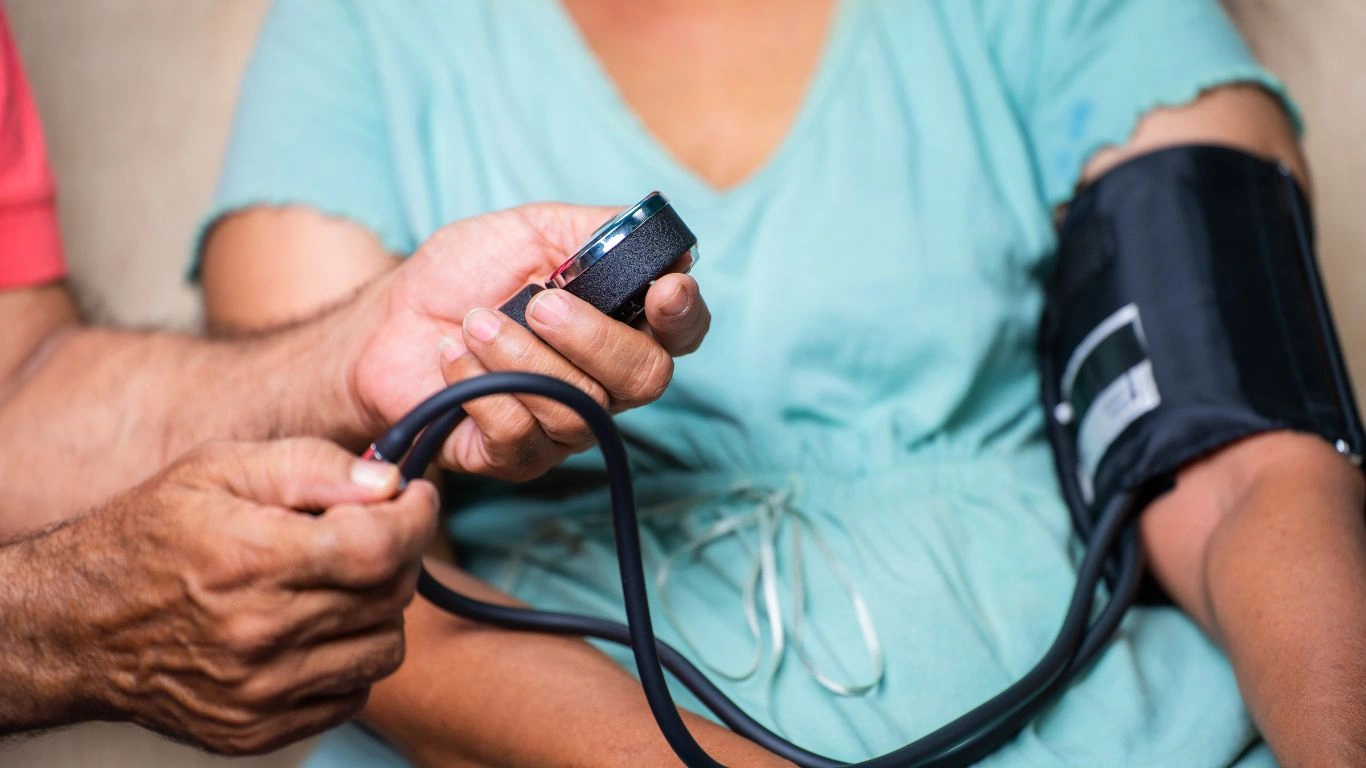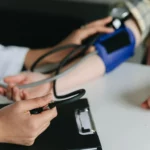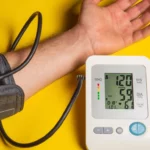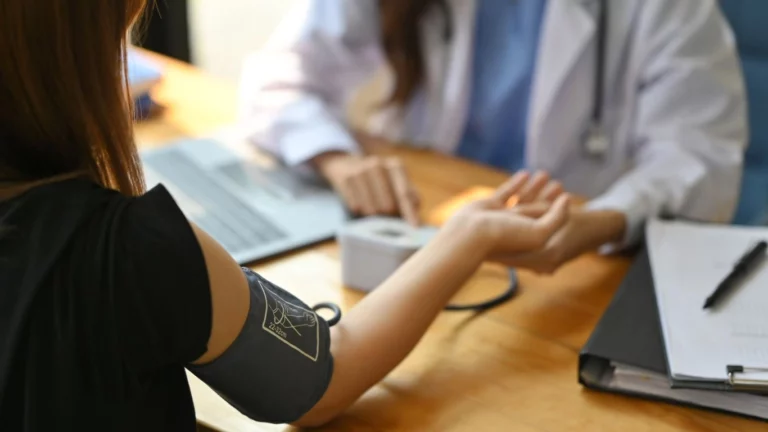How Spicy Foods Affect Blood Pressure
Ever wonder if your favorite spicy dishes are affecting your blood pressure? You’re not alone. Many people are curious about how eating hot, spicy foods impacts their health, especially when it comes to blood pressure. Let’s dive in and talk about what’s really going on when you enjoy that extra kick in your meals.
What’s in Spicy Foods?
Spicy foods typically get their heat from compounds like capsaicin found in chili peppers. Capsaicin is the main ingredient responsible for that burning sensation you feel when you take a bite of something hot. But, did you know it does more than just spice up your food? It actually has some health effects, too, including potential impacts on blood pressure. But how? 
Can Spicy Foods Increase Blood Pressure?
For most people, eating spicy foods doesn’t cause a huge spike in blood pressure. In fact, some studies show that capsaicin might actually help with blood circulation and reduce inflammation. This could lower blood pressure over time! Pretty interesting, right? But here’s the thing: it all depends on the individual. If you’re someone who’s already dealing with high blood pressure or you’re sensitive to spices, you might feel a temporary rise in your blood pressure after eating something spicy. This happens because capsaicin can lead to a brief release of adrenaline, which can cause your heart to beat a bit faster. However, this effect is usually short-lived and isn’t likely to have a long-term impact. 
Spicy Foods and Heart Health
There’s actually some research suggesting that capsaicin can have a protective effect on the heart. One of the benefits that some studies have pointed out is that capsaicin might help your blood vessels relax, making it easier for blood to flow. When blood vessels are more relaxed, it can reduce the stress on your heart, which can lower blood pressure in the long run. But, again, this doesn’t mean you should go crazy eating spicy food if you have hypertension (high blood pressure). Moderation is key. If you’re sensitive, even a small amount of spice can irritate your digestive system, which might indirectly affect your heart health.
How Spicy Foods Affect Blood Pressure in the Short-Term
Right after you eat something super spicy, your body reacts in a few ways. You might experience:
- Increased heart rate: The capsaicin in spicy food can cause your heart rate to speed up for a little bit.
- Temporary rise in blood pressure: Some people may feel their blood pressure rise shortly after eating, but this isn’t usually a long-term effect.
- Sweating: Yep, that’s your body trying to cool itself down.
- Flushed skin: That hot, red feeling you get on your face when you eat something spicy is your body’s way of reacting to the heat.
These reactions are typically short-lived and go away once your body adjusts to the heat. 
Long-Term Effects of Eating Spicy Foods on Blood Pressure
In the long run, moderate consumption of spicy food could actually be good for you. Some studies suggest that eating chili peppers regularly might help lower the risk of developing high blood pressure over time, especially if you combine it with a healthy diet rich in fruits and vegetables. Capsaicin has also been linked to other benefits like boosting your metabolism and helping with weight loss. But, as with anything, balance is important. Too much of anything, even spicy food, might lead to other issues like gastritis or digestive discomfort, which can, in turn, stress your body out and affect your blood pressure.
Appendices
References
- American Heart Association. (2023). The Impact of Spicy Foods on Heart Health. Read Article
- Smith, J. (2024). Capsaicin and Blood Pressure Regulation. Journal of Cardiovascular Medicine, 47(5), 123-130. Read Article
- National Institutes of Health. (2023). Effects of Diet on Hypertension. NIH Hypertension Report, 35(2), 56-60. Read Article
FAQs
- Can spicy foods cause a permanent rise in blood pressure? Generally, spicy foods cause only temporary increases in blood pressure due to the release of adrenaline. For most people, this effect is short-lived.
- What are the benefits of capsaicin on blood pressure? Capsaicin may help to relax blood vessels, improve circulation, and reduce inflammation, potentially lowering blood pressure over time.
- Are all spicy foods bad for high blood pressure? Not necessarily. Moderation is key. Eating small amounts of spicy foods might not be harmful, but excessive intake could cause digestive issues or discomfort.
- Can I eat spicy foods if I have hypertension? If you have hypertension, you should monitor how your body reacts to spicy foods. If you notice significant discomfort or a rise in blood pressure, it’s best to limit intake.
- What is the role of capsaicin in heart health? Capsaicin has been linked to heart health benefits such as improved circulation, reduced inflammation, and lower blood pressure when consumed in moderation.
Disclaimer
Disclaimer: The information provided in this article is for educational purposes only and does not substitute for professional medical advice. Always consult with your healthcare provider or a cardiologist for personalized guidance on managing your blood pressure. Individual health conditions and dietary needs may vary.













